Menu
- Daily
- National
- International
Trump Praises ‘Total Reset’ in Geneva Talks with China Amid Trade War De-escalation
China 125% retaliation, Featured, Geneva trade talks Trump He Lifeng, Geneva US-China breakthrough, global trade war de-escalation, Trump 145% tariff policy, Trump China trade reset 2025, Trump Truth Social China, US tariffs rollback update, US-China economic negotiations 2025, WTO response US China talksECB: Foreign Workers Fueling Post-Pandemic Growth in Euro Zone
ECB foreign worker report, ECB immigration study, economic growth Europe 2025, EU immigration and labor, euro zone demographic trends, euro zone labor force growth, Featured, foreign workers economic impact, foreign workers skilled jobs, labor market euro area, post-pandemic economic recovery Europe - Editorial
- Next Negosyante
- Crypto News

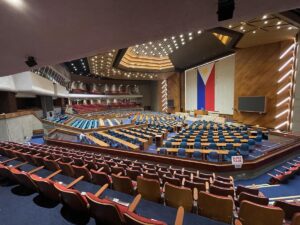

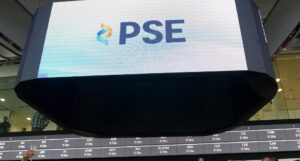
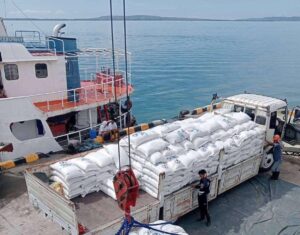

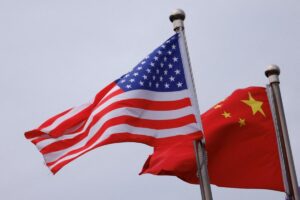
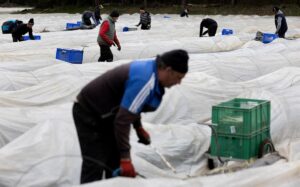









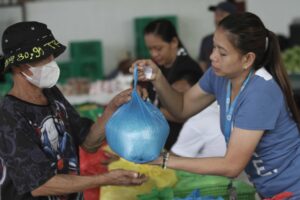



Comments are closed for this article!